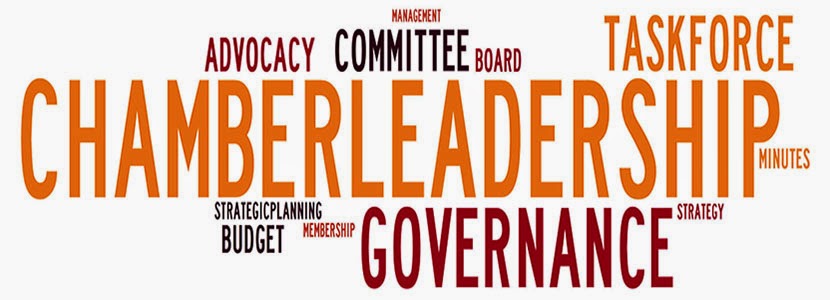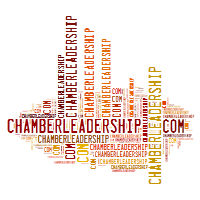One of the most popular electives at Institute for Organization Management (IOM) is "Strong Chambers for the Future."
Chambers of commerce are essential organizations that play a vital role in the economic development of their communities.
They provide a variety of services to businesses, such as networking opportunities, advocacy, and education.
In order to remain strong in the future, chambers of commerce need to focus on the following:
- Reinventing their value proposition: Chambers need to re-evaluate what they offer businesses and how they can add value to their members. This may involve providing new services, such as business consulting or workforce development, or expanding their reach to new audiences.
- Building relationships with key stakeholders: Chambers need to build strong relationships with key stakeholders, such as government officials, economic development agencies, and other businesses. These relationships will be essential for chambers to advocate for their members and to secure funding for their programs.
- Using technology to their advantage: Chambers need to use technology to their advantage in order to reach more businesses and to provide more efficient services. This may involve using social media, online networking tools, or cloud-based software.
- Staying relevant in a changing world: Chambers need to stay relevant in a changing world by adapting to the needs of their members. This may involve focusing on new industries, developing new programs, or expanding their reach to new geographic areas.
Here are some additional tips for chambers of commerce that want to be strong in the future:
- Be clear about their mission and purpose: Chambers need to be clear about their mission and purpose in order to attract and retain members. Their mission should be concise and easy to understand, and it should be something that businesses can get behind.
- Be customer-focused: Chambers need to be customer-focused in order to provide the best possible services to their members. This means understanding the needs of their members and tailoring their services accordingly.
- Be innovative: Chambers need to be innovative in order to stay ahead of the competition. This means developing new programs and services that meet the needs of their members.
- Be collaborative: Chambers need to be collaborative in order to achieve their goals. This means working with other organizations, such as government agencies and economic development agencies.


